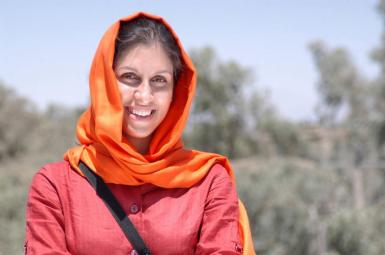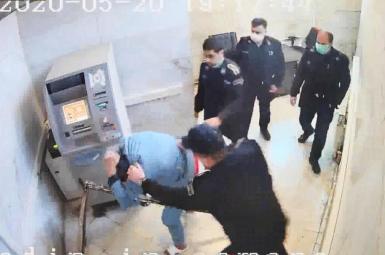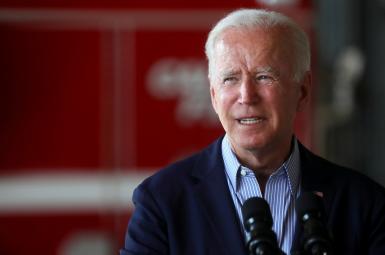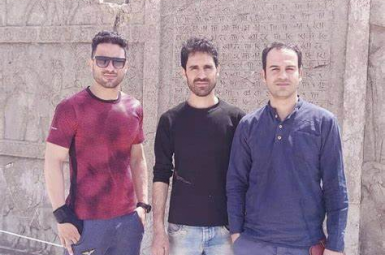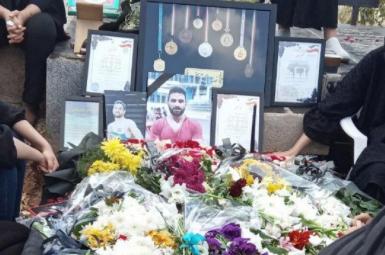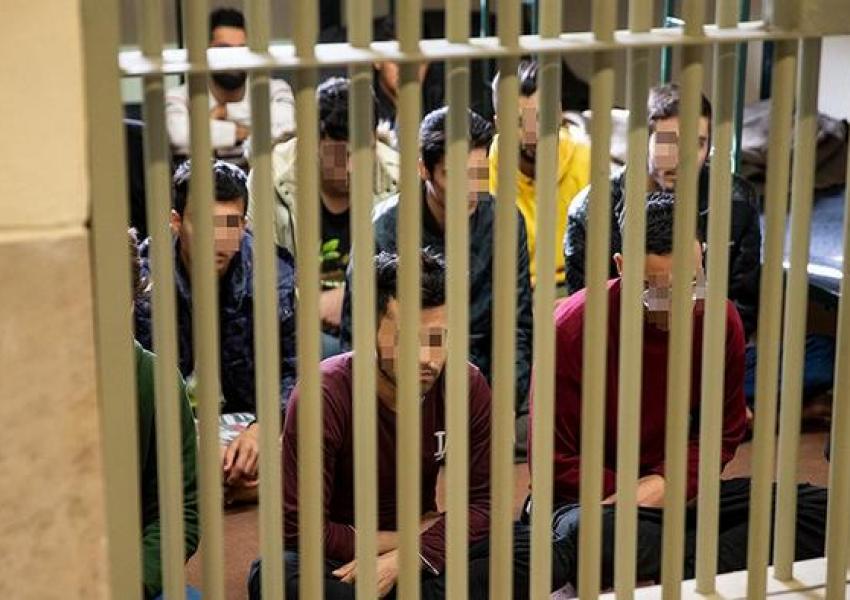
Political Prisoners Moved Into Violent Offenders Wing Of Tehran Prison
Iranian human rights monitoring groups have in recent days reported the transfer of two political prisoners in Greater Tehran Prison to wings reserved for violent criminals – a practice that human rights groups, including Amnesty International, have long argued violates both international and Iranian law. The judiciary said last year that the 2016 Political Offenses Act required the separate detention of the two categories of prisoner.
In one case, Mohammad Torkamani was transferred June 1 within Greater Tehran Prison to a section housing violent offenders, the Human Rights Activists News Agency has reported. Rights groups argue that political detainees are vulnerable to abuse in such settings.
Torkamani was first arrested in 2018, released on bail after 50 days, and then sentenced in 2019 by a Revolutionary Court for insulting the founder of the Islamic Republic, Ruhollah Khomeini and Islamic sanctities. The exact nature of Torkamani’s crimes was never publicized. Originally sentenced to seven years and six months, this was reduced to five years on appeal.
In a second case, HRANA reported that Hossein Hashemi, who was arrested for taking part in street protests in November 2019, was also transferred to the violent offenders’ section of the Greater Tehran Prison on June 1. He was attacked and physically assaulted by violent inmates. HRANA said Hashemi had been moved after an argument with an official, and had begun a hunger strike in protest against his transfer.
The management of detainees in Greater Tehran Prison, also known as Fashafuyeh or Hasanabad-e Qom Prison, has also been highlighted by Ali Sharifzadeh, a lawyer representing Sassan Niknafas, a civil rights activist who died in the prison on Saturday. Sharifzadeh told a discussion on the Clubhouse application that his client had been suffering from psychiatric problems and that on two occasions on when he visited him he had noticed Niknafas’ hands showed evidence of suicide attempts.
Niknafas was suffering from several illnesses, including diabetes, but his transfer to hospital on the day of his death, after he fell ill in the morning, took several hours. Sharifzadeh said he had previously appealed to the prison’s medical board for possible hospitalization of Niknafas but that the board preferred to keep him under observation in prison. The prosecutor had rejected an appeal for release on bail.
Niknafas was jailed last July after being convicted over street protests. A notorious judge, Abolqasem Salavati, who also presided in the Torkamani case and set the original sentence, convicted Niknafas of “acting against the security of the country, propaganda against the regime, and insulting the Supreme Leader.” Niknafas was sentenced to eight years.
